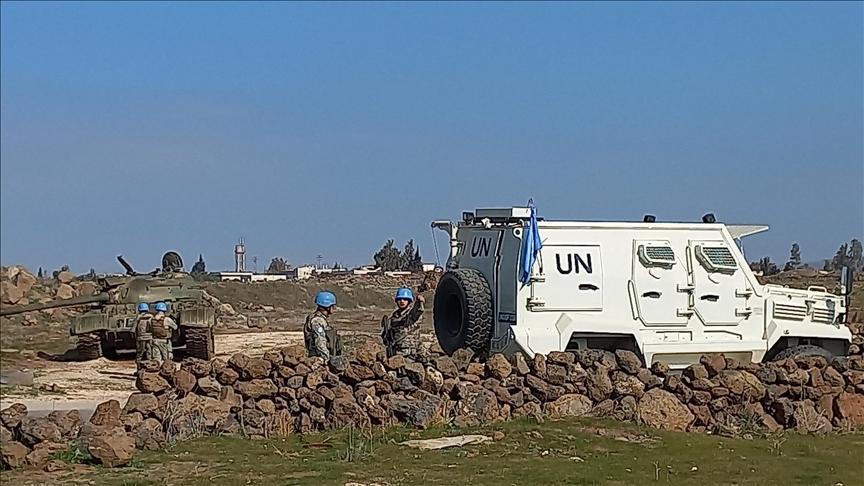Africa-Press – Kenya. The UN’s top peacekeeping official warned Tuesday that peacekeeping is facing unprecedented strain as global conflicts reach their highest in nearly eight decades.
“Peacekeeping is not a luxury; it is a lifeline for millions who count on it for a future without fear,” said Jean-Pierre Lacroix, UN under secretary-general for peace operations, during a Security Council session on the future of peace operations.
He noted that more than 60,000 peacekeepers from 115 member states serve in 11 missions, calling it “the UN’s largest and most visible activity in the field.”
Citing the Uppsala Conflict Data Program, he said there were 61 active conflicts in 2024, “the highest number since 1946.” Conflicts, he added, are becoming increasingly protracted and complex, often involving proxy forces, which makes achieving negotiated settlements more difficult.
“In such an uncertain future, we are likely to see more civilians at risk and in need of protection,” Lacroix warned, stressing that the demand for peace operations will grow, possibly alongside “other types of operations, including peace enforcement.”
Lacroix outlined a roadmap for more effective missions, starting with more explicit mandates and sufficient resources.
“We must harness the capacities of digital technologies and artificial intelligence to support the analysis of data as well as to assess the effectiveness of our responses through time,” he said.
He emphasized that protecting civilians, supporting accountable governance, advancing human rights and prioritizing the women, peace and security agenda must remain central.
“The UN’s ability to deliver on the imperative to protect people is very often the benchmark by which we are judged,” he said, warning that the UN “should not be indefinitely responsible for the protection of populations.”
To avoid relapses into conflict, Lacroix said lasting political solutions must be matched by strong Council support.
“This must be matched by the payment of assessed contributions in full and on time,” he stressed.
UN Under-Secretary-General for Political and Peacebuilding Affairs, Rosemary DiCarlo, echoed the warning, noting that peace operations remain vital despite growing challenges.
“For eight decades, UN peace operations have been an essential instrument of multilateral action for peace. They have enabled the United Nations to deliver effective responses to critical peace and security challenges. They have saved lives,” she said.
Warning that missions face “increasing geopolitical fragmentation,” DiCarlo stressed that technologies such as drones and artificial intelligence are “being weaponized on an industrial scale, increasing both the lethality of violence and the likelihood of escalation.”
“These trends have made peacemaking and conflict resolution harder to achieve today,” she said, urging all to “draw lessons for the future, we must learn from the past.”
Emphasizing that the failure of missions often stems from insufficient political will, she said: “We will therefore need to engage with a laser-like focus on bringing the emphasis back to the political questions at the heart of each conflict and finding multilateral responses to them.”
Source: Anadolu Ajansı
For More News And Analysis About Kenya Follow Africa-Press






